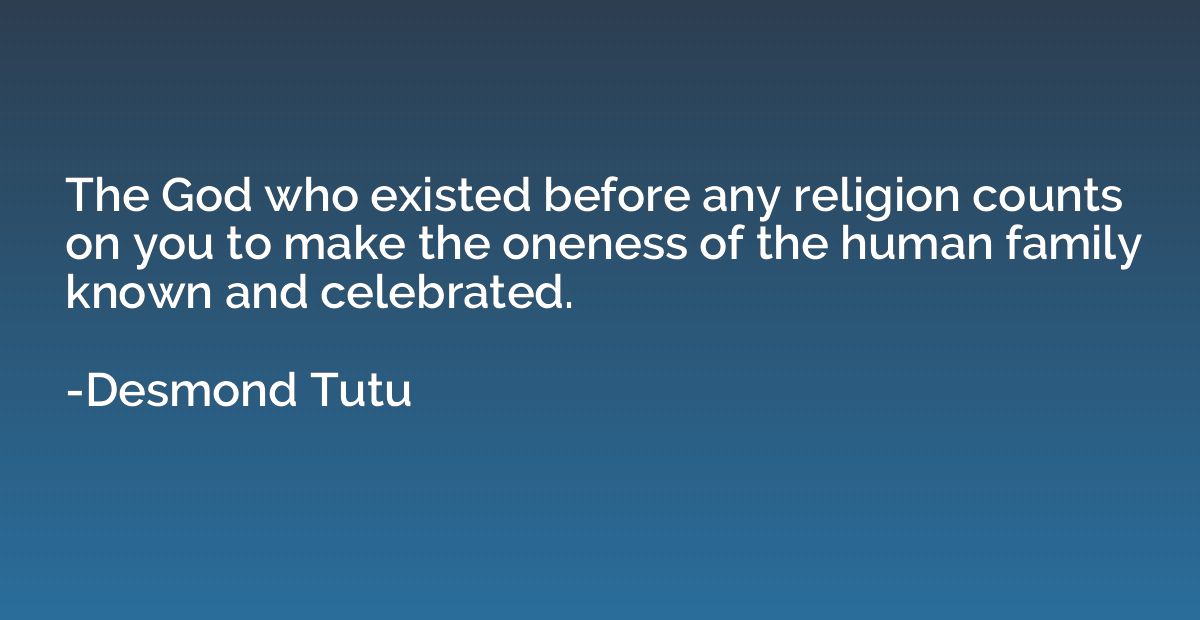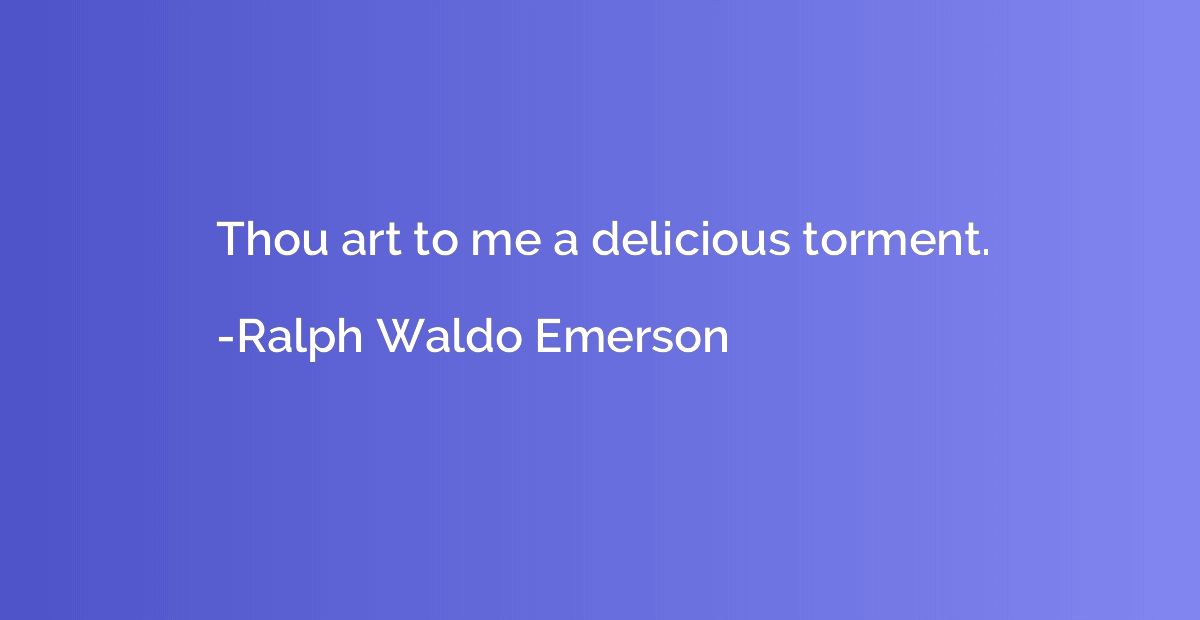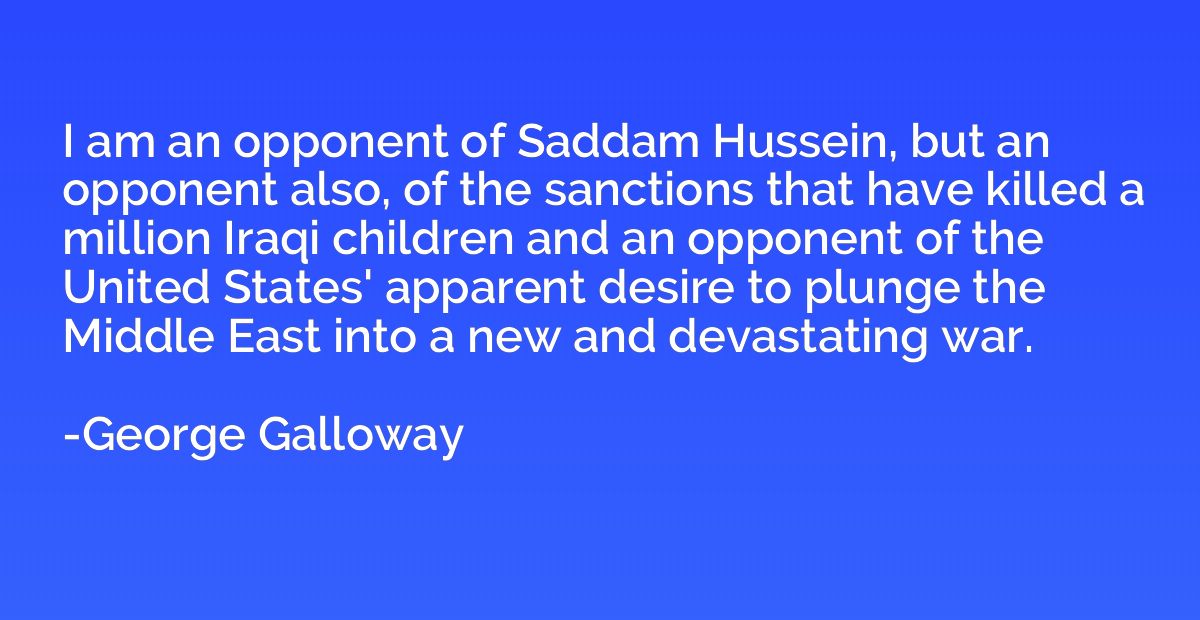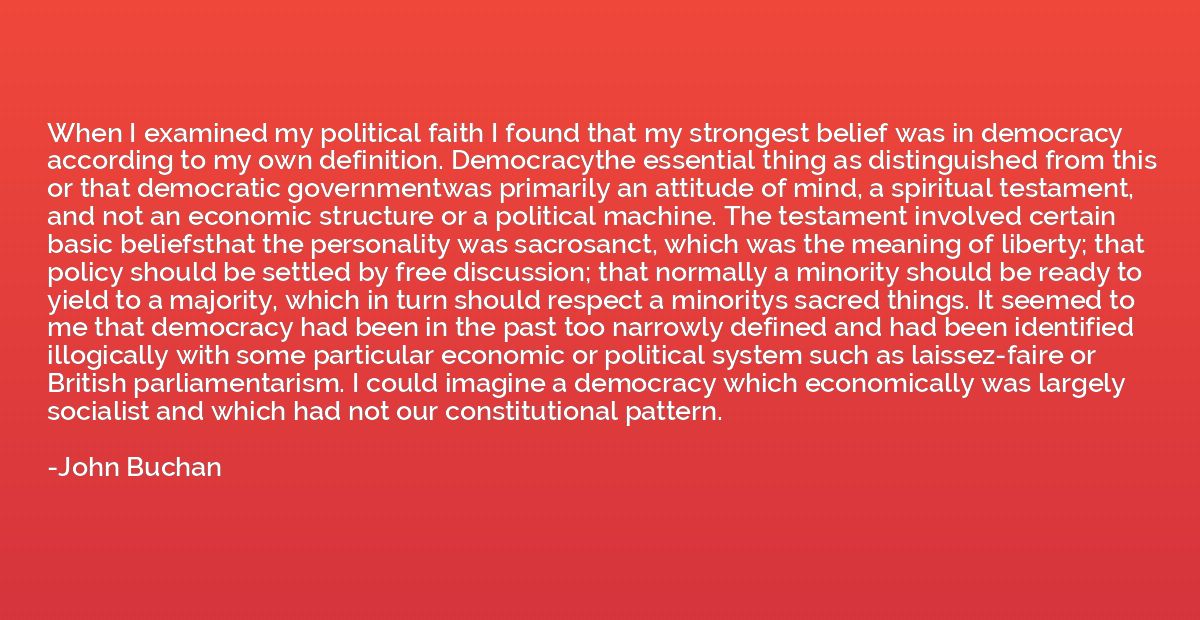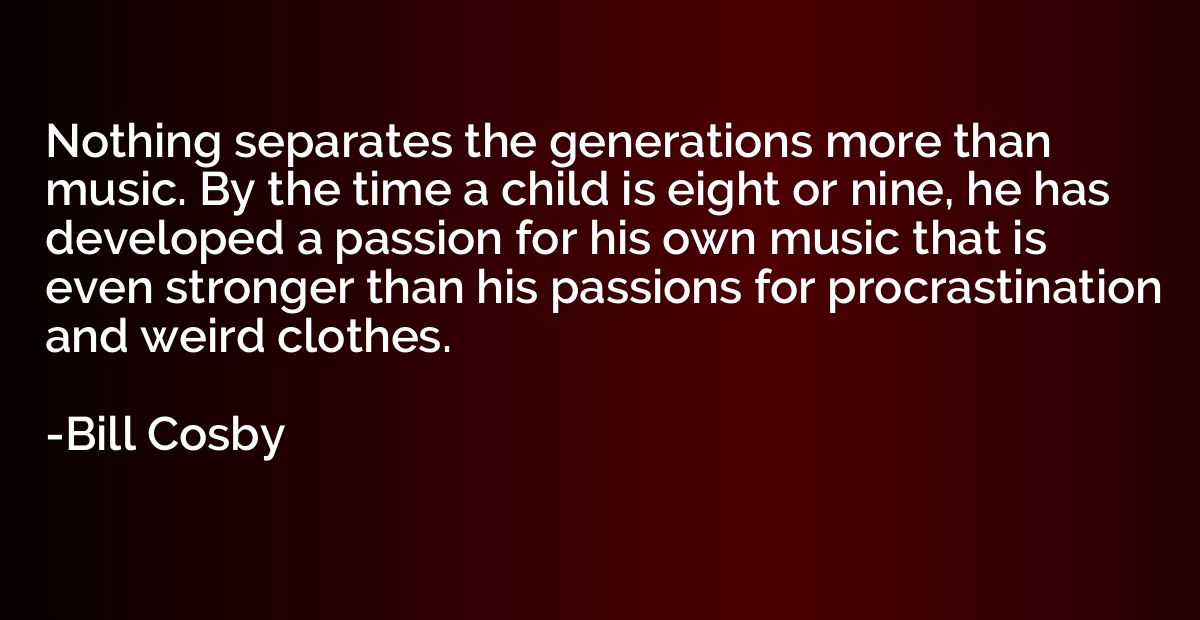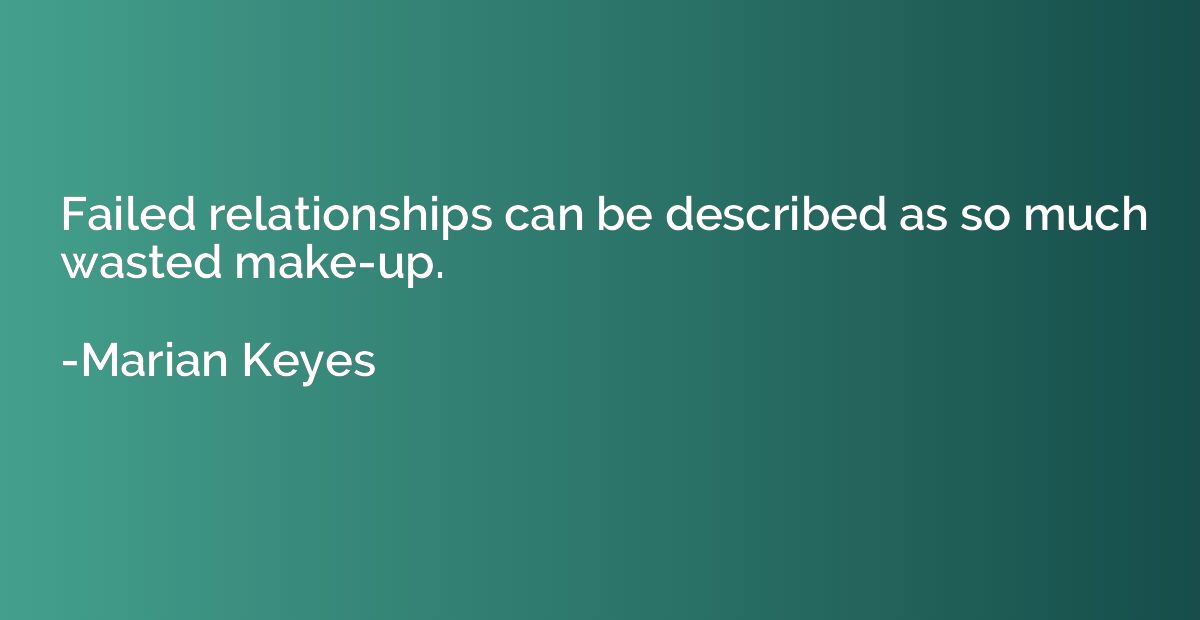Quote by Martin Buber
But when a man draws a lifeless thing into his passionate longing for dialogue, lending it independence and as it were a soul, then there may dawn in him the presentiment of a world-wide dialogue with the world-happening that steps up to him even in his environment, which consists partially of things. Or do you seriously think that the giving and taking of signs halts on the threshold of that business where an honest and open spirit is found?
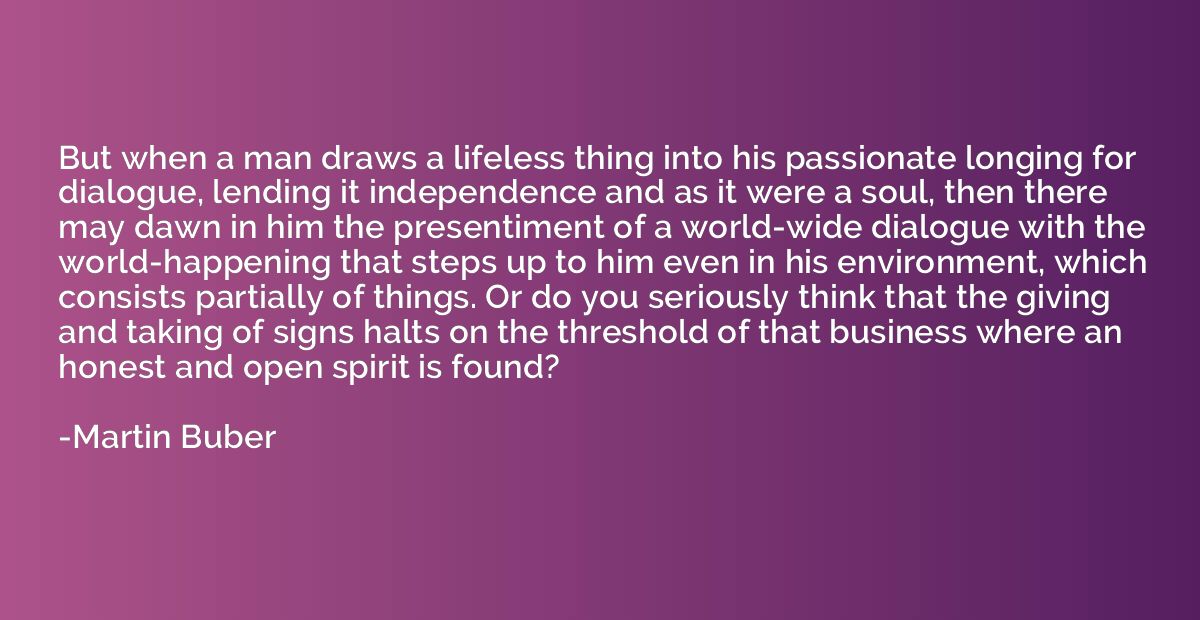
Summary
This quote suggests that when a person imbues an inanimate object with their desire for conversation, attributing it with autonomy and a soul-like quality, they may begin to sense a global dialogue taking place with the world and its events. It implies that this dialogue extends beyond mere human interaction, penetrating into the realm of the environment and the objects within it. The quote challenges the notion that communication is limited to verbal signs and highlights the possibility of a genuine and sincere exchange of ideas that transcends boundaries.
By Martin Buber




